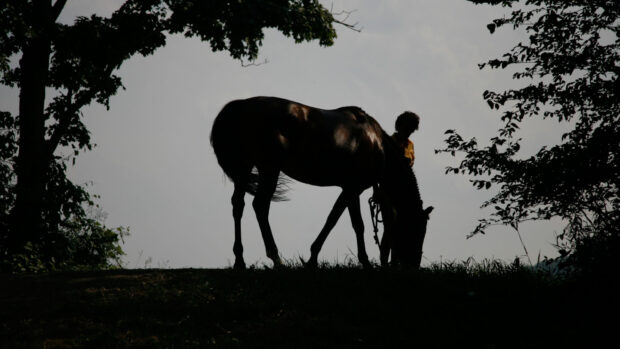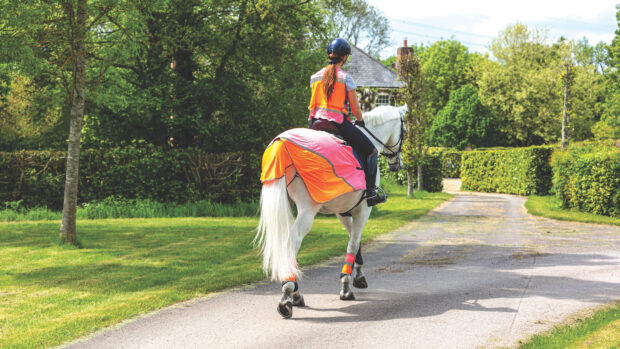“Better record keeping holds the key to keeping the lid on insurance premiums for riding establishments,” according to a joint horse and insurance industries working group, which was set up to address the problem of rising insurance costs suffered by many riding establishments.
British Horse Society chief executive and chairman of the working group Graham Cory says: “By and large, we found that most riding establishment proprietors recognise the need to keep rider, horse, instructor and accident records. But sod’s law states that the record which is mislaid, or which there was not time to complete, will be the one needed to resist a bogus claim a few years later. And the more claims which succeed, the greater will be the upward pressure on insurance premiums.”
While keeping good records is not complicated, the working group highlights cases where a carelessly worded accident report had served, quite erroneously, to show the riding establishment in a bad light in court.
“There is an art, which is easily learned, to compile an accident report which describes what happened without leaving [the riding centre] hostages to fortune,” the working group believes.
When seeking to resist bogus claims, insurers and lawyers will look for some key data, of which the most important was the information provided by the rider about their own levels of experience and competence.
“Once a claim is brought it is all too easy for the claimant to deny that she had held herself to be an experienced eventer and now assert that she was in fact a novice who should only have been given a placid schoolmaster to ride”, says equestrian lawyer Jane Phillips. “But if the riding establishment can produce a record [stating the rider’s ability], completed and signed by the claimant, the prospects of defending a spurious claim are greatly enhanced.”
In response to the common gripe that better record keeping will result in more paperwork, the group claims that this is not the case, as all riding establishments should be undertaking such paperwork as a matter of course.
To make record keeping less of a chore, and the records themselves more useful should a claim come to court, the working group is going to produce rider, horse and instructor record forms to capture the important data needed to resist a bogus claim. Once completed, these new record forums will be freely available. Training for riding school proprietors in the best way to maintain records is also in the pipeline.
“As the number of successful bogus claims falls, we should see a relaxation on the upwards pressure on premiums,” Cory predicts.




